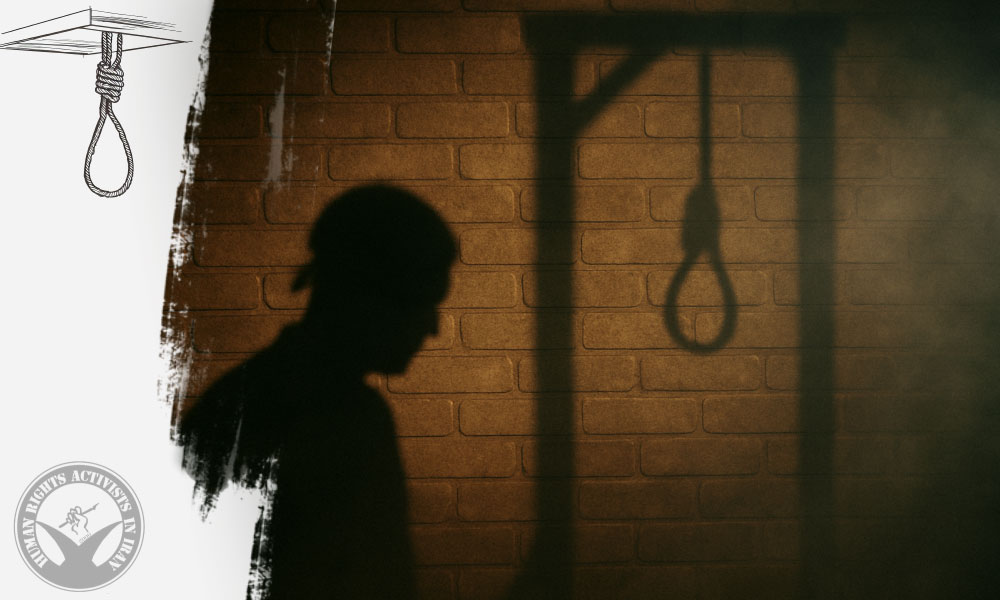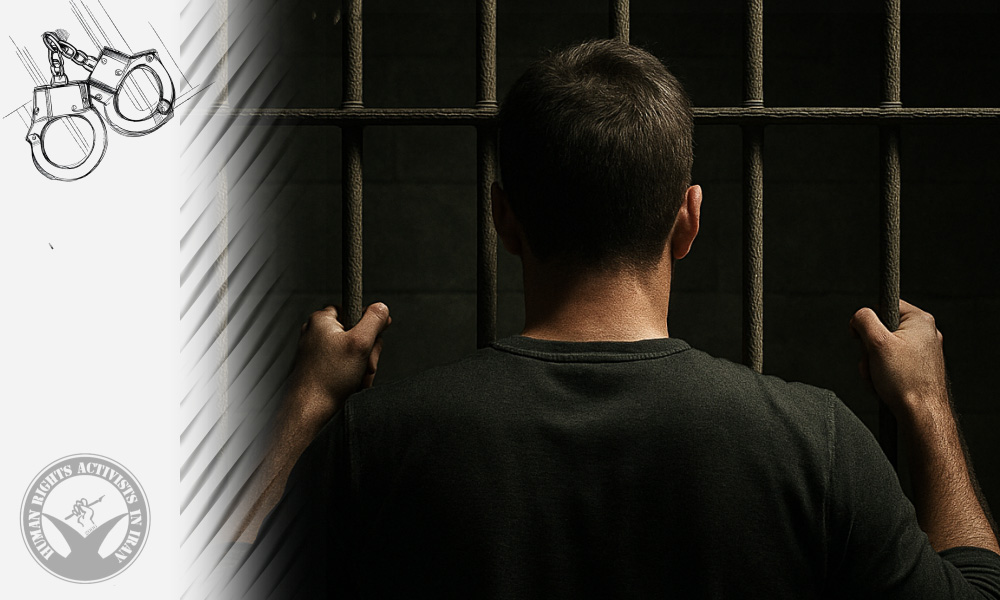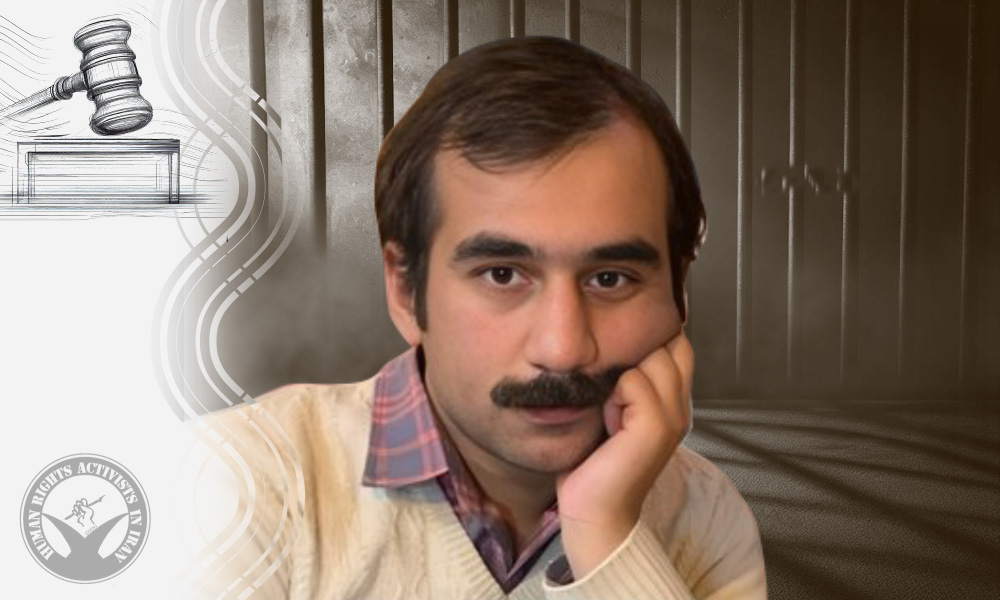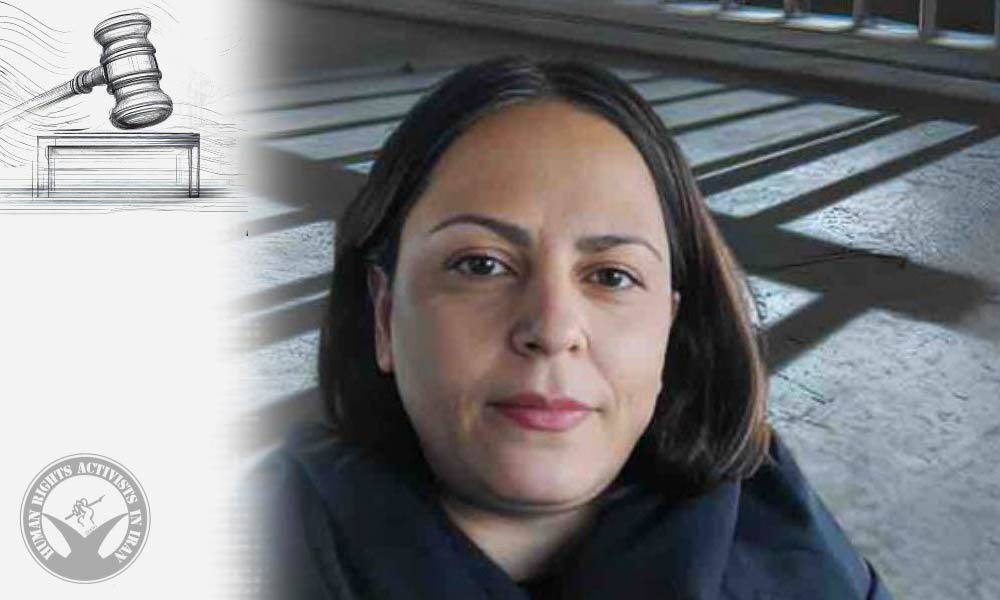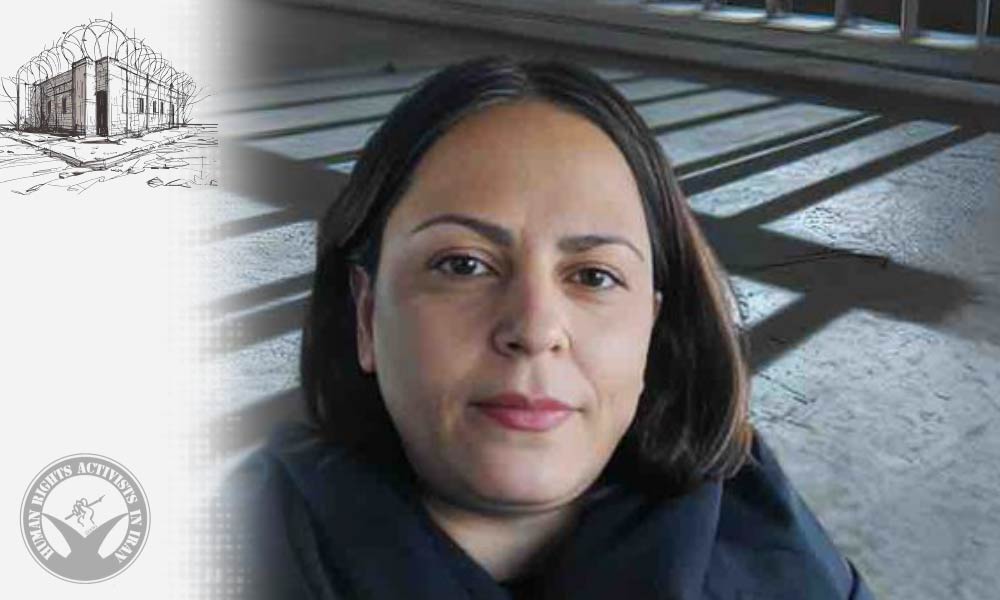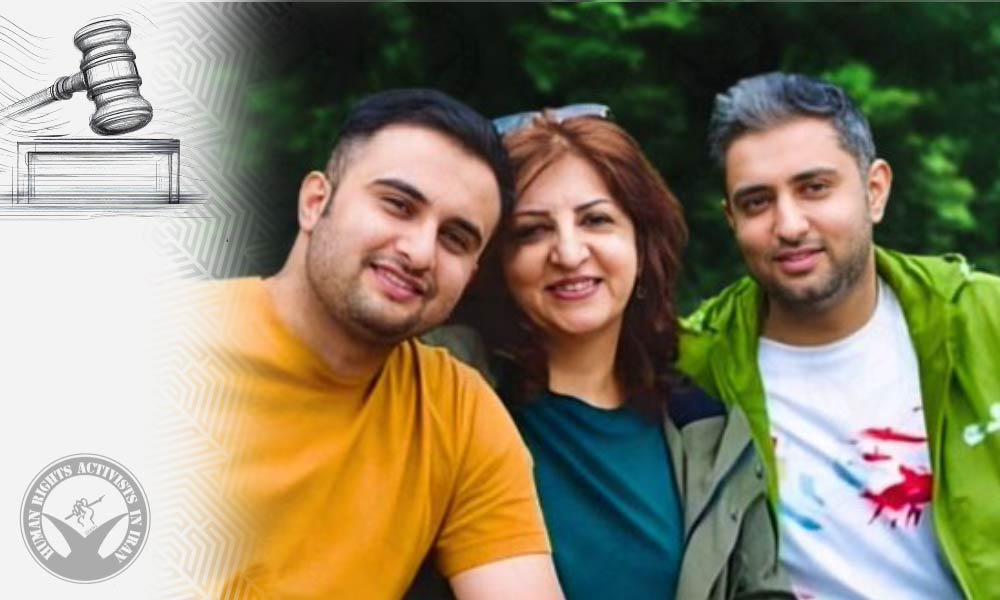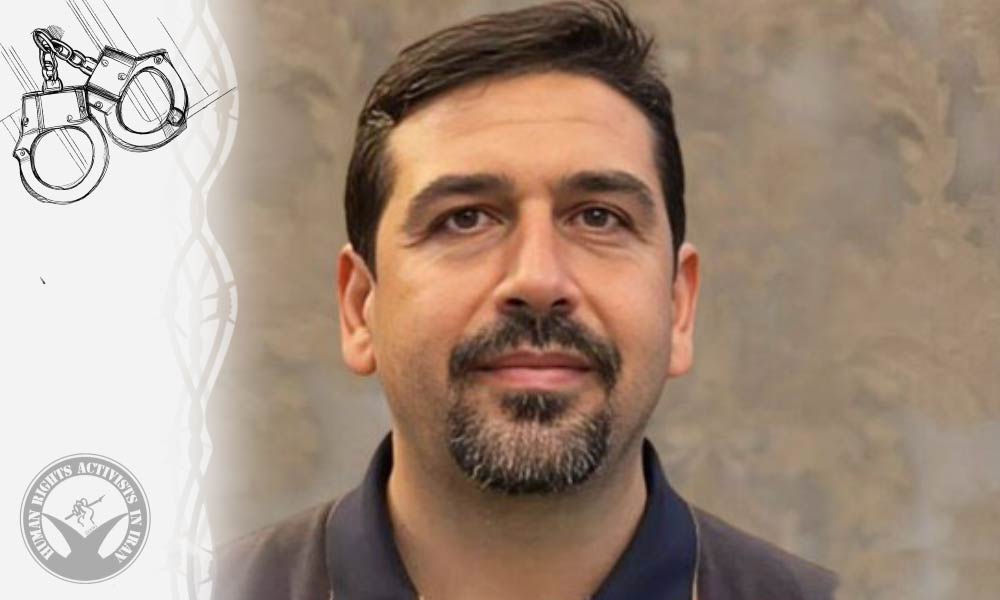HRANA has reported the execution of eight prisoners across various prisons in Iran over the past four days. Six of the executed individuals had been sentenced to death on drug-related charges, and two for murder.
On Saturday, November 1, the death sentence of a prisoner in Bojnurd Prison was carried out. HRANA has identified this prisoner as Hashem Mardani. According to information obtained by HRANA, Mr. Mardani had previously been arrested on charges of murder and later sentenced to death by the Criminal Court.
On Sunday, November 2, Mohammad Ali Golmohammadi, a prisoner convicted of drug-related offenses, was executed in Malayer Prison. On the same day, the execution of an Afghan national named Khodayar (last name unknown), who had also been sentenced to death for drug-related crimes, was carried out in Taybad Prison. Another prisoner, Abbas Sad-Kharvi, was executed in Sabzevar Prison. All three had been sentenced to death by the Revolutionary Court.
On Monday, November 3, Varahmad Azizi was executed in Birjand Prison on drug-related charges. That same day in Zanjan Prison, another death-row prisoner convicted of murder was hanged.
On Tuesday, November 4, the death sentences of two prisoners previously convicted of drug-related offenses were carried out in Dastgerd Prison in Isfahan. HRANA has identified one of them as Amir Goudarzi.
At the time of this report, the executions of these prisoners have not been announced by prison officials or other relevant authorities.





